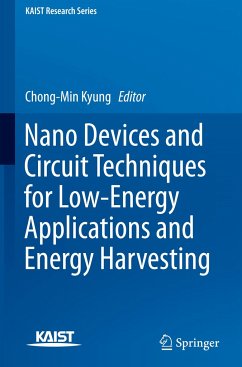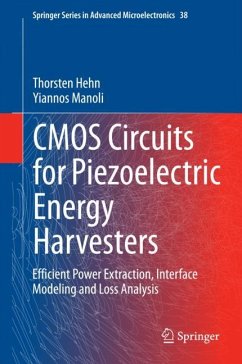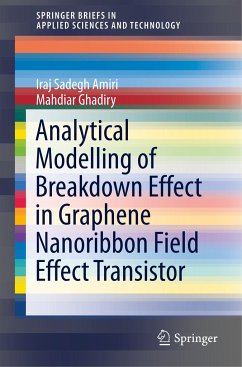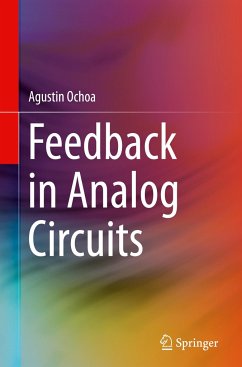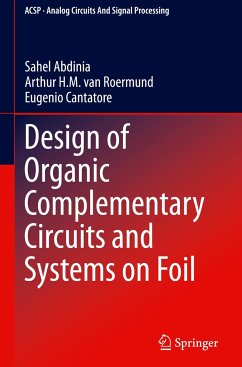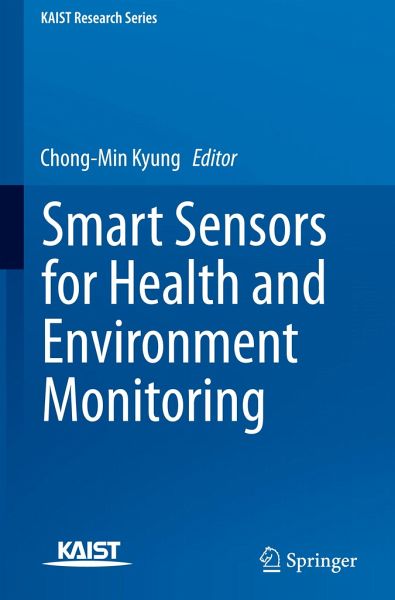
Smart Sensors for Health and Environment Monitoring

PAYBACK Punkte
42 °P sammeln!
This book covers two most important applications of smart sensors, namely bio-health sensing and environmental monitoring. The approach taken is holistic and covers the complete scope of the subject matter from the principles of the sensing mechanism, through device physics, circuit and system implementation techniques, and energy issues to wireless connectivity solutions. It is written at a level suitable mainly for post-graduate level researchers interested in practical applications. The chapters are independent but complementary to each other, and the book works within the wider perspective...
This book covers two most important applications of smart sensors, namely bio-health sensing and environmental monitoring. The approach taken is holistic and covers the complete scope of the subject matter from the principles of the sensing mechanism, through device physics, circuit and system implementation techniques, and energy issues to wireless connectivity solutions. It is written at a level suitable mainly for post-graduate level researchers interested in practical applications. The chapters are independent but complementary to each other, and the book works within the wider perspective of essential smart sensors for the Internet of Things (IoT).
This is the second of three books based on the Integrated Smart Sensors research project, which describe the development of innovative devices, circuits, and system-level enabling technologies. The aim of the project was to develop common platforms on which various devices and sensors can be loaded, and to create systems offering significant improvements in information processing speed, energy usage, and size.
This book contains substantial reference lists and over 150 figures, introducing the reader to the subject in a tutorial style whilst also addressing state-of-the-art research results, allowing it to be used as a guide for starting researchers.
This is the second of three books based on the Integrated Smart Sensors research project, which describe the development of innovative devices, circuits, and system-level enabling technologies. The aim of the project was to develop common platforms on which various devices and sensors can be loaded, and to create systems offering significant improvements in information processing speed, energy usage, and size.
This book contains substantial reference lists and over 150 figures, introducing the reader to the subject in a tutorial style whilst also addressing state-of-the-art research results, allowing it to be used as a guide for starting researchers.




